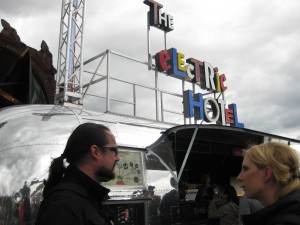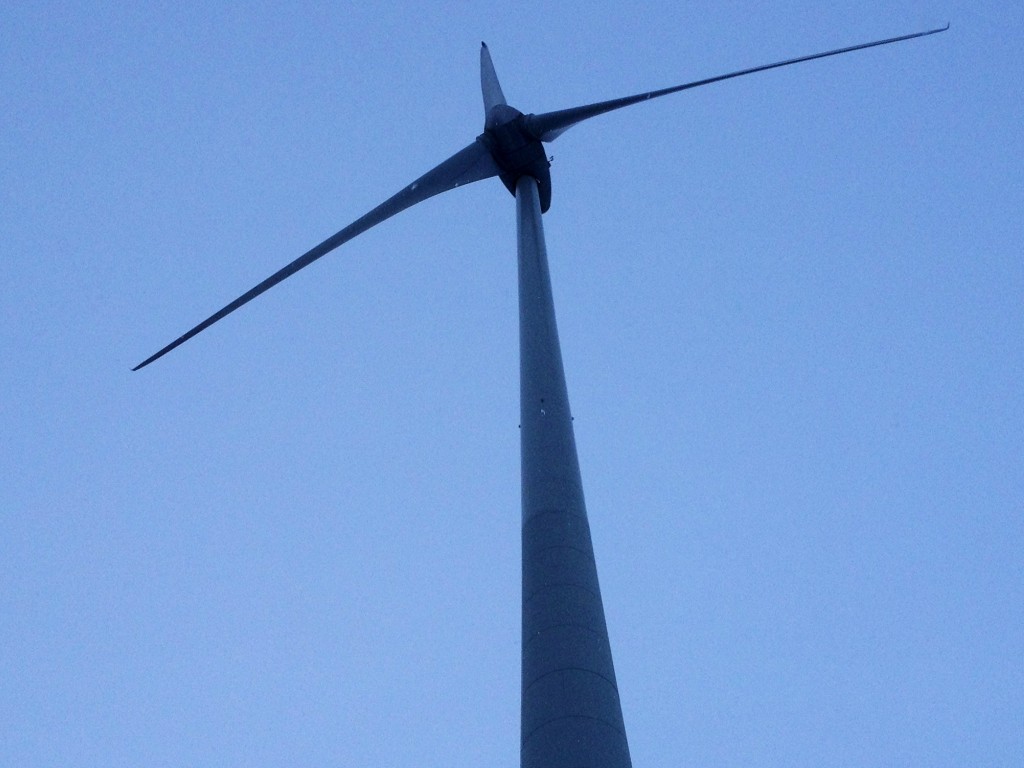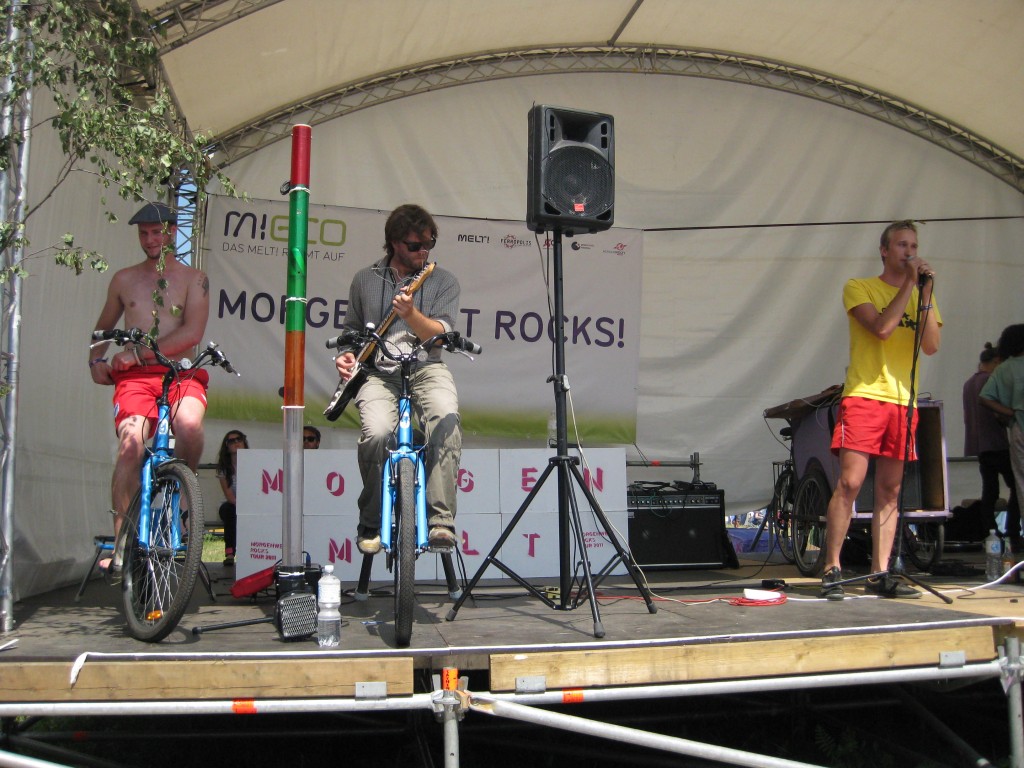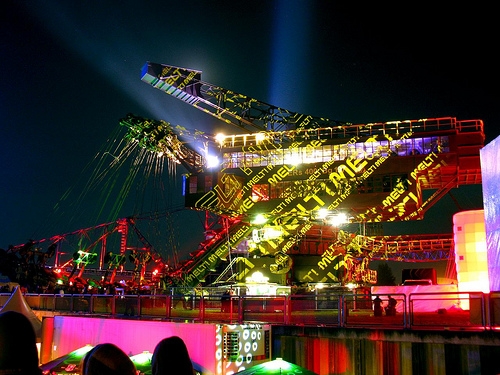Search Results for Tag: mining
Exploring the North – rare earths crucial for renewable energy
Below the Scandinavian snow cover, there are even more resources (apart from ice) that make the North special. Mining is a big deal in this region, especially in Sweden. From copper, iron ore to gold, the country is rich in minerals and metals – in fact, it is the largest mining region in Europe. So it’s not that surprising to find some real precious treasures in the Swedish ground – rare earths. They are not only important for smartphone chips and laptop processors, but also play a crucial role in renewable energy technology and thus in energy transition, helping the world to emit less CO2.
These non-renewable resources for renewable energy technology have strange names – dysprosium can be found in magnets that are used to run generators in wind power stations. Ytterbium is used for tubes in reactor technology, neodymium is important for the engines of electro- and hybrid-cars. Terbium can in turn be found in semiconductors important for building solar cells.
They are all found in Norra Karr and Olserum, two (potential) mining sites in Sweden. They are owned by the Canadian mining company Tasmet, which has applied for permission to mine in Norra Karr and is exploring the site in Olserum. Both are the only (so far known) sites in the European Union, where rare earths can be found. So far, the largest producer is China – producing 97 percent of the world’s rare earths in 2009. These metals are used all around the world and demand is projected to rise from 130,000 tons per year in 2012 to 186,000 tons in 2015. One already senses where problems might arise.
At the end of 2010, China restricted export of rare earths for the first time, putting the EU’s energy strategy at risk. What’s more, car manufacturers such as General Motors or Toyota searched for (and claimed to nearly have found) alternatives to become more independant. But so far, there don’t not seem to be alternatives that are feasible on a large scale. Which is why, even small deposits are still lucrative to mine and researchers are keen on finding new ways of mining.
Now you might think this isn’t my problem but rather that of big manufacturers. Well, you are almost right. We all have small earth desposits in old computers, TV monitors and outdated mobile telephones stored in our cellars and attics. Aware of possible shortages of the metals, the electronics industry is aiming to develop feasible recycling methods for rare earths that are still not in place.
So, if some day we do have these proper recycling methods in place, keep your attic-treasures in mind…they just might contribute to something big:
Vegan fast food for a better climate
The Melt! festival in Germany close to the city of Dessau is trying to become more environmentally friendly. Only recently solar panels have been installed. They produce enough electricity to power two festivals the size of Melt! each year. But the organizer’s commitment doesn’t stop there. Vegan and vegeterian food is strongly encouraged. We have asked at one of the stalls, why vegan food is more climate friendly than a meaty diet.
![]() read more
read more
Music from Muscle Power
- Björn Hansen from Morgenwelt and his team rode 500 Kilometrs from Hamburg to the festival site on push bikes. Here he is powering his own guitar by pedalling.
Today we had a look at a bicycle disco for you. Find out how two people on bikes can power a stage for music bands here…
![]() read more
read more
Renewable energy for festivals

With those thick clouds in the sky, the Electric Hotel's windmill is surely delivering more energy than the solar panels. Picture: Kerstin Schnatz
„The only possibility to make a festival really climate friendly is to cancel it.“ Sebastian Fleiter’s statement when asked about his role in making the Melt! Festival more climate friendly sounds depressing. Luckily enough, rather than starting a campaign to abandon music festivals altogether, the artist decided to launch the Electric Hotel, a charger station for electronic devices powered by renewable energy.
![]() read more
read more
Green Partying at the Melt! Festival
This weekend we will be out and about for you at this year’s Melt! Festival to look at ideas on how the music industry can be made more climate friendly. The festival well known all over Europe for it’s fine line up of Electronic music is located just 1,5 hours South of Berlin.
![]() read more
read more









Feedback